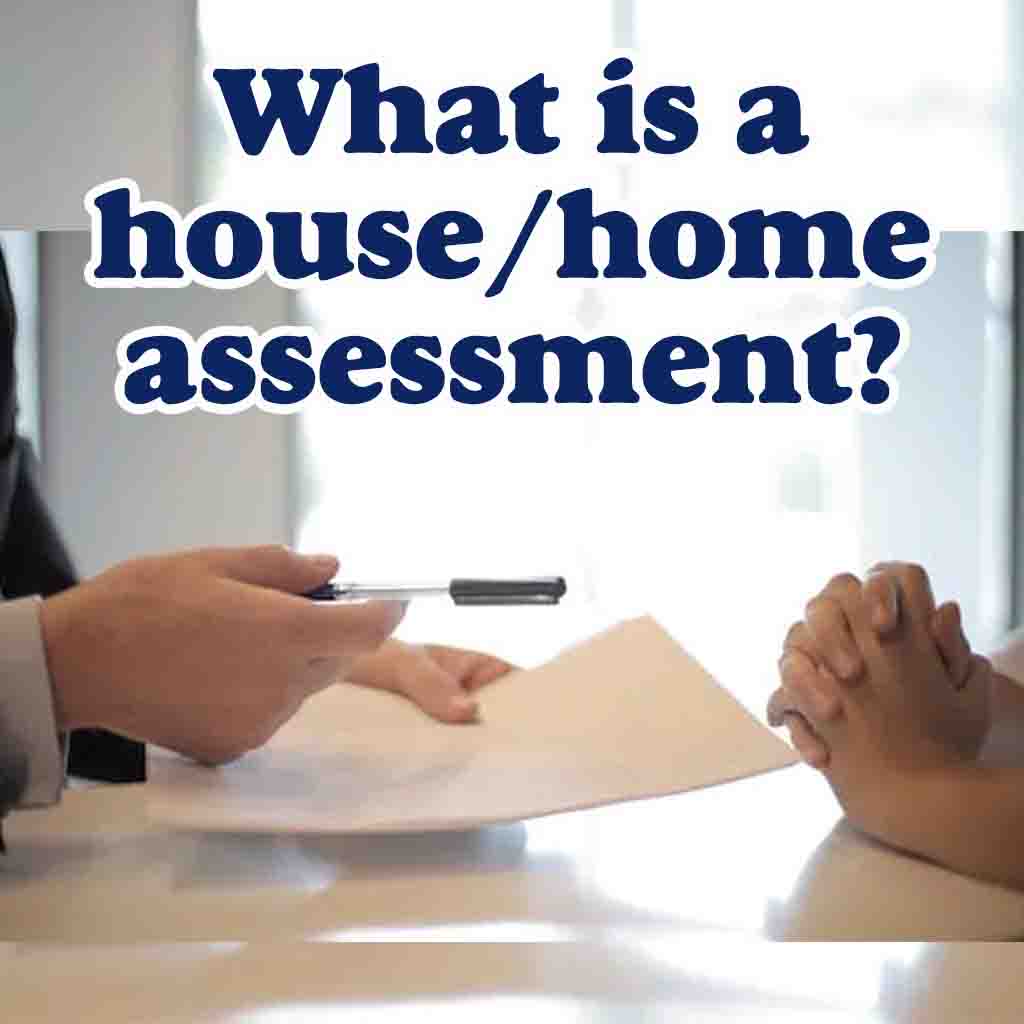What is a house assessment?
If you’re considering applying for a mortgage loan, you’ve likely come across the term “house assessment.” But what exactly is a house assessment and how does it impact your mortgage loan? In this article, we’ll dive into the basics of house assessments and their role in the mortgage loan process..
Definition
A house assessment, also known as a property appraisal, is an evaluation of the value of a property conducted by a licensed appraiser. The assessment is typically required by a mortgage lender in order to ensure that the value of the property being purchased or refinanced is in line with the loan amount.
During a house assessment, the appraiser will inspect the property, taking note of its condition, size, location, and other factors that could impact its value. They’ll also consider recent sales of similar properties in the area to help determine a fair market value for the property.
Why is a house assessment necessary for a mortgage loan?
A house assessment is necessary for a mortgage loan because it provides the lender with an accurate picture of the value of the property being purchased or refinanced. This information is critical to the lender because it helps them assess the risk of the loan.
If the property is worth less than the loan amount, the lender is at a higher risk of losing money in the event that the borrower defaults on the loan. As a result, lenders typically require that the loan amount be no more than a certain percentage of the property’s appraised value. This is known as the loan-to-value (LTV) ratio.
For example, if a property is appraised at Rs. 300,000 and the lender has a maximum LTV ratio of 80%, the maximum loan amount they would be willing to offer would be Rs. 240,000.
How does a house assessment impact the mortgage loan process?
A house assessment can impact the mortgage loan process in several ways. First and foremost, it can impact whether or not the borrower is approved for the loan. If the property is appraised at a value lower than the loan amount, the lender may require the borrower to either make a larger down payment or reconsider the loan altogether.
Additionally, the house assessment can impact the interest rate on the loan. Lenders may offer more favorable interest rates to borrowers with lower LTV ratios, as they are seen as lower risk.
Finally, the house assessment can impact the amount of private mortgage insurance (PMI) that the borrower is required to pay. If the LTV ratio exceeds a certain threshold (typically 80%), the borrower will be required to pay PMI in order to protect the lender in the event of default.
Related Articles
Conclusion
A house assessment is a critical component of the mortgage loan process. It provides lenders with an accurate valuation of the property being purchased or refinanced, which in turn helps them assess the risk of the loan. As a borrower, it’s important to understand the role of house assessments and how they can impact your mortgage loan. By doing so, you can make informed decisions about your home purchase or refinance.
FAQs – Frequently Asked Questions
Q: What is a house assessment in a mortgage loan? A: A house assessment in a mortgage loan is the process of determining the value of a property that will serve as collateral for a mortgage loan.
Q: Why is a house assessment necessary in a mortgage loan? A: A house assessment is necessary in a mortgage loan because it helps the lender determine the fair market value of the property being used as collateral. This helps the lender mitigate their risk in case the borrower defaults on the loan.
Q: Who conducts the house assessment in a mortgage loan? A: A certified appraiser conducts the house assessment in a mortgage loan.
Q: How is the value of a property determined during a house assessment? A: The value of a property is determined during a house assessment by taking into account several factors, such as the location, size, condition, and features of the property, as well as recent sales of comparable properties in the area.
Q: How much does a house assessment cost? A: The cost of a house assessment varies depending on the location, size, and complexity of the property being appraised, as well as the appraiser’s fee structure. Typically, the cost ranges from a few hundred to a few thousand dollars.
Q: Is a house assessment the same as a home inspection? A: No, a house assessment is not the same as a home inspection. A home inspection is a separate process that evaluates the condition of the property, while a house assessment focuses on determining the property’s value.
Q: What happens if the assessed value of the property is lower than the purchase price? A: If the assessed value of the property is lower than the purchase price, the lender may require the borrower to provide additional collateral or pay a higher down payment to mitigate their risk. Alternatively, the borrower may need to renegotiate the purchase price with the seller.
Q: Can a borrower challenge the results of a house assessment? A: Yes, a borrower can challenge the results of a house assessment if they believe that the appraiser has made an error or overlooked important factors that could affect the property’s value. However, the process of challenging an assessment can be complex and may require the borrower to provide additional evidence to support their claim.


